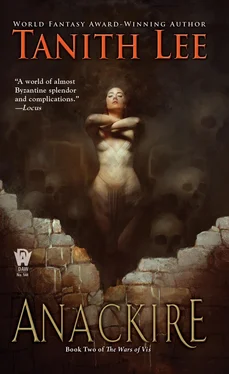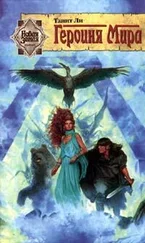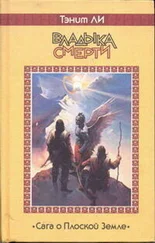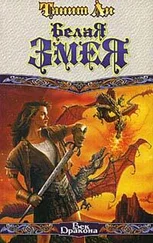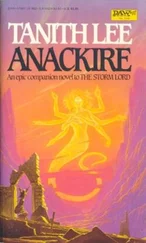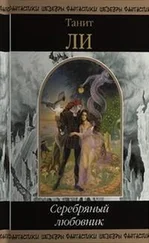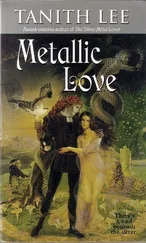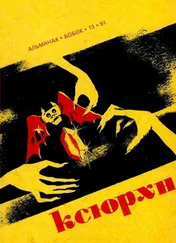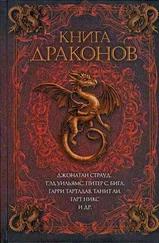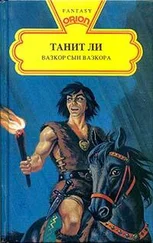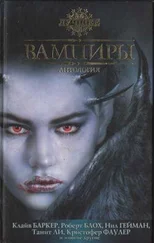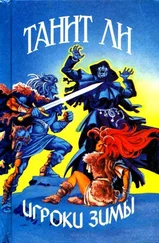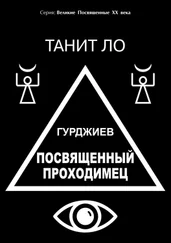The cacophony of screams, terror and agony, mingled with a muffled continuous after-rumble. The powder dust stood, a wavering column from floor to sky. Very little could be seen through it, only the blundering of figures, the isolated lick of fire from smashed lamps, and above them a horrible impious thing—the goddess Ashara with half her head torn away, in silhouette against the cold open void now skewered in the broken window.
It was the Prince Kesarh, his forehead bleeding from a shallow gash, who called his own men into instantaneous action. Suthamun’s slight had set Kesarh well outside the major zone of impact. Now he seemed shocked to life while others about him could only gaze or crawl or invoke their gods, some of whom were not Ashara.
Kesarh led the twenty of his guard who were in the temple straight into the smothering flour-like dust. Presently, from the corners of the precinct, men ran to help them. Nobles hauled at the smashed enormous debris, bloody, coughing, dusty, with the common soldiers. Kesarh himself worked like one possessed, in an icy fever. Some of the blocks were not to be lifted by men alone, they would require zeebas. Slaves erupted from the temple. A dreadful generalized outcry came from everywhere.
All they could find at first were dead. Uhl lay on the altar, his skull squashed like a fruit, and the officiating priest next to him. The child, the new heir, had been hammered beneath them.
Suthamun, when Kesarh’s men lifted away the broken beams which had obscured his face, was still alive.
Kesarh went quickly to him and kneeled down. An incredible weight lay on the King’s chest. Black blood ran thinly from his mouth. His eyes turned sluggishly toward the Prince.
“Have courage, my lord. They’re fetching a team of zeebas to raise the stone.”
The column of powder was lessening now. Through the swirl of it, those uninjured or only slightly harmed were creeping near. The dreadful outcry was sinking to a dreadful anguished murmur without words.
Kesarh maintained his vigil by the King until teams of beasts were led along the aisles, profaning the sanctuary. Then he rose and assisted in the work of haulage.
As suspected, no other who had been at the central point under the eastern dome had survived. The four younger brothers of the King were barely recognizable. The scarred half-brother had been struck down by a falling hand of the goddess Herself. Suthamun was uncovered, and seeing his wounds, it was apparent he too could not continue for long. It was actually unapparent how he might still persist.
They rested his head tenderly on cushions so he might lie and look up at the jagged vault of sky. A sick priest came, and whispered prayers. Kesarh knelt again. The crowd watched, and the window mouthed the snowy wind.
After a while, Suthamun died.
If he had guessed anything at all, he had not been enabled to voice it. And Kesarh, anointed with his own blood, kneeling with such grace and such steadfast strength by the man he had killed—not one who saw him forgot how he was, the galvanic rescue attempt, the nobleness inherent in each line of his compassion.
But beyond everything, the omen loomed.
It seemed Ashara herself had flung her malediction against Suthamun and his house. It could hardly have been more clear.
Only the engineers themselves knew the truth. The cavity which had been made beneath the upper roofing, hidden from the eyes of searchers, and the small fire which had been left smoldering with the pot of oil a supported and mathematically devised distance above. It had all been mathematically coordinated, with the skill of men familiar with the values and forms of architecture, and of men knowledgeable in methods of carnage. When the oil exploded, a fire took out the carefully balanced underpinning of the Cupola. The way it had been nurtured, it had needed only that to hold it firm, only the destruction of that to fall. It seemed merely negligence was responsible, and weather, or fate. Or Ashara.
An interview was, despite superstition, sought with the mason and those men who had worked on the eastern roof. None of them were to be found. It was assumed they had fled, quite sensibly, out of the way of justice.
The council was seated in the map-chamber, under the mosaic.
Outside, across the city, the funeral bells still clanged, and on the height of the palace the funeral beacon, barely put out it seemed, once more gouged the twilight with its reddened eye. Suthamun’s second wife, the mother of the baby which had died with him, had mortally stabbed herself an hour later. They were brave, the women of Shansar, if impetuous. She had been laid beside her husband on the pyre, the infant in her arms. The brothers were consumed a score of feet away. It was a family affair.
Now Istris waited, and all Karmiss beyond her walls, to hear who should take up the reins of power. The potential King, of course, was known. It was to be the most mature heir, the seven-year-old Prince Emel. But seeing he was a child, there must be a regent, and all the legal guardians, Uhl and his brothers, and the oldest legal sons of these brothers, had been killed with Suthamun. It was truly a catastrophe of epic proportions. Now the choice stood between a bevy of bastards or lesser sons, men very young in years themselves, and popularly unknown. Men who had never looked for anything and who had made no mark in any sector of the city’s political life.
There had been argument, some of it heated. It was mooted that the lord Warden himself might take the traditional step to the regency his position had allowed others in the past. There were instant raucous jeers from the edges of the room, where those men who had bought a place at the council, supporters of this or that faction, objected. But for the most part, these bystanders were partisan noise-mongers and little else. The Warden silenced them, and declared he had no aptitude for a regency, and no appetite either.
At this point, a figure pushed through the press, signaling he wished to speak.
Shansarian customs of tribal council had altered the format of the Karmian institution. In Vis times such free-lancing would have been unacceptable. But the Warden beckoned.
“We grant you the floor, Raldnor Am Ioli.”
Raldnor stepped out on to it, and looked round. He was used to commanding a ship, when granted one; this doghouse did not bother him in the least.
“My lord Warden. Gentlemen. At the commencement of Zastis, seven Zakorian pirate galleys were ravaging the Karmian and Dortharian coasts. King Suthamun, a wise and canny master, sent a man he trusted to rid the seas of them. Not aware of the Free Zakorian strength, he gave him for the work three ships, nor of the best. I know. I captained one. When we learned what we were up against, I was for sailing home. But my commander, Kesarh Am Xai, held us where we were, and with ingenuity and valor, the sacrifice of one listing ship, and the loss of five men— five , gentlemen—won us the day.” There was a noise of approval now, scarcely any of it paid for, especially from the Vis in the chamber. “Forgive my enthusiasm,” said Raldnor. “I was impressed. Remain so. The Prince Kesarh is a mature leader, known to Istris by elite report, and by sight. He is, moreover, of royal blood. His father was a Shansarian officer. His mother was a princess of the Karmian royal house, whose roots go back to the time of Visian Rarnammon—”
Raldnor broke off as a shout went up all around the chamber. It was the old cry— Am Xai . Raldnor mused, standing in the thick of it, hearing dimly behind the racket the screeches of roasting slaves chained to their oars. It was a point to remember. Once you were of no use to him, he would leave you to burn.
The council was bustling, conferring. They had undoubtedly known, simply been waiting for the proper cue. Three at least had been frankly bought.
Читать дальше
